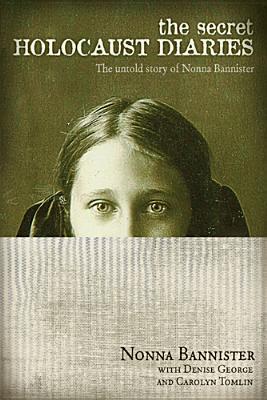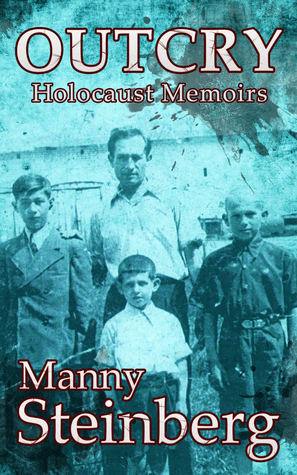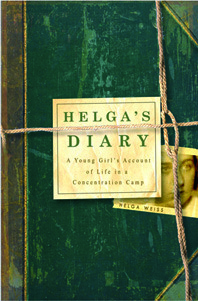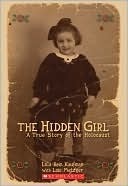
Elly: My True Story of the Holocaust
Book Description
A young girl’s laughter echoes through serene streets, but darkness looms just beyond the horizon. 'Elly: My True Story of the Holocaust' unveils a harrowing journey of survival against the most unimaginable odds. With every heartbeat, the stakes escalate, each moment steeped in fear, hope, and resilience. Elly’s spirit ignites as she confronts betrayal, loss, and the unbreakable bonds of family. Her story shines a light on the depths of human endurance and the power of memory. What sacrifices will Elly make to survive, and how will her past shape the future she desperately fights to reclaim?
Quick Book Summary
"Elly: My True Story of the Holocaust" is Elly Berkovits Gross's deeply personal memoir, chronicling her experiences as a young Jewish girl during the Holocaust. Elly’s life in pre-war Hungary is torn apart with the Nazi invasion, thrusting her into a world defined by loss, fear, and unimaginable hardship. Through vivid recollections, she details the tragedies endured: separation from loved ones, the squalor and terror of concentration camps, and the constant threat of death. Despite these horrors, Elly’s story is one of perseverance and hope. Her courage and the strength she draws from memories and family bonds ultimately sustain her. Emerging from the devastation, Elly’s narrative stands not only as a testimony to her survival but also as an enduring reminder of humanity’s resilience in the face of atrocity.
Summary of Key Ideas
Table of Contents
Loss of Innocence and Family Bonds
Elly Berkovits Gross begins her memoir with memories of her idyllic childhood in Simleu Silvaniei, Romania, where laughter and familial warmth are soon overshadowed by the growing menace of Nazi persecution. As anti-Jewish laws tighten and threats mount, Elly and her family’s daily life is upended. The sudden, brutal implementation of the Final Solution leads to the wrenching separation from her father and grandparents, a loss that devastates Elly and marks her loss of innocence. The unbreakable bonds of her remaining family become her anchor amid chaos.
The Horrors of Deportation and Camps
The escalation of Nazi oppression brings Elly and her mother to the crowded, inhumane ghetto, where deprivation becomes a daily reality. Soon, they are herded into cattle cars destined for Auschwitz, a journey marked by confusion, fear, and the presence of death at every turn. Elly details with unsparing honesty the moment of arrival, the cruel selections, and the ever-present threat of violence and extermination. The camp’s horrors are rendered through her eyes: the pervasive hunger, sickness, forced labor, and the haunting absence of loved ones.
Courage, Hope, and Inner Strength
In these darkest days, Elly finds reservoirs of courage and hope that help her endure. Small acts of kindness among prisoners, fleeting memories of happier times, and the unwavering support between mother and daughter sustain her spirit. Despite the cruelty surrounding her, Elly’s humanity shines through, providing glimpses of resilience and the will to survive. She learns to draw strength from within, even as the costs and sacrifices increase with each passing day in the camp.
Bearing Witness and Remembrance
Liberation brings a sense of freedom shadowed by profound loss. As the camp gates open, Elly faces the daunting reality of life after atrocity—grappling with the absence of most of her family and the challenge of rebuilding. Slowly, Elly finds her footing, determined to honor those lost by sharing her story. Her journey toward healing is marked by a commitment to remembrance and a newfound sense of purpose. She emphasizes the importance of bearing witness, to ensure tragedies of such magnitude are never forgotten.
The memoir serves not only as a historical document, but as a testament to perseverance. Elly’s account stands as a tribute to the millions who suffered, highlighting her belief in the need for tolerance, understanding, and education. Through her story, she urges future generations to never lose hope and to remain vigilant against hatred, using memory as a tool for change and resilience.
Download This Summary
Get a free PDF of this summary instantly — no email required.





